Managing the reform effort is much more challenging than making the effort itself. Indeed, it is on the quality of reform management that the fulfilment of the various goals set by policymakers depends. The book has been split into three parts: corporate planning, management of intellectual property rights, and the macro and micro issues of liberalisation. On the face of it, these are unrelated, but if we look at these closely we would find a strong link emerging. IPRs have implications that go well beyond an economy’s trade performance. The manner in which the diverse players in an economy handle IPRs largely influences their performance, particularly in an increasingly open economy. Managing the free trade-oriented IPRs regime should become a major corporate responsibility well before the WTO deadline to developing countries to fall in line with the ground rules of global free transfer of goods as well as services. It is this, which prompted addressing major aspects of corporate planning in the first part of the book. The concluding part focuses on the cataclysmic changes that have taken place since mid-1991 when the Narasimha Rao Government bound the Indian nation and the economy to a process of liberalisation covering all areas of the regime hitherto tied to all manner of controls and regulations. It is to be hoped that the second generation reform will be characterised by an earnestness on the part of the corporate sector towards giving an impetus to achievement of its goals.
Managing Global Economic Reforems
In stock
Free & Quick Delivery Worldwide
Bibliographic information
Title
Managing Global Economic Reforems
Author
Edition
1st. ed.
Publisher
ISBN
8126109718
Length
xxxii+240p., Illustrations; 23cm.
Subjects

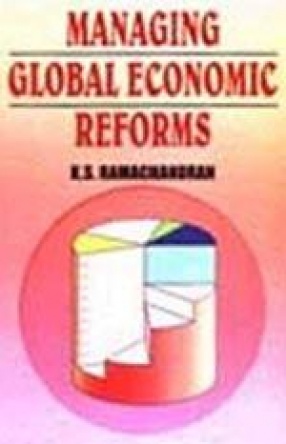
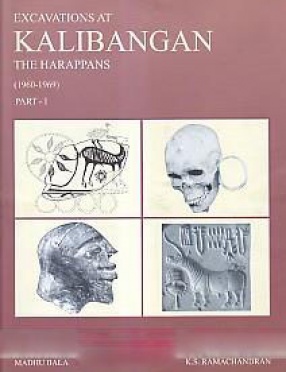
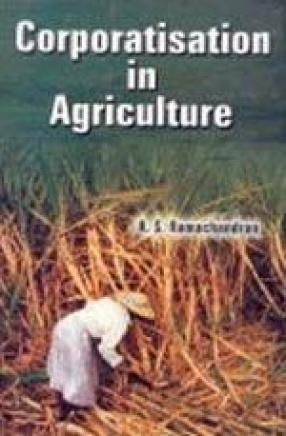
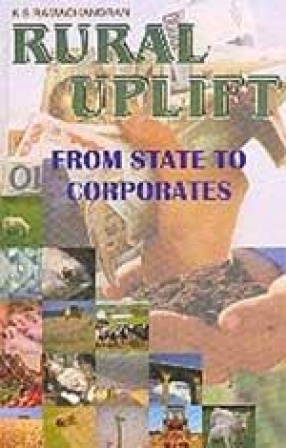
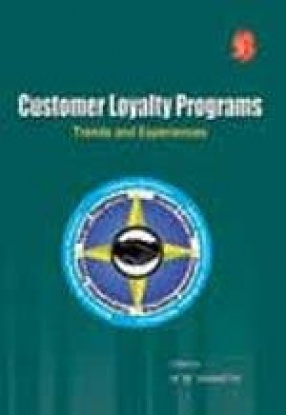

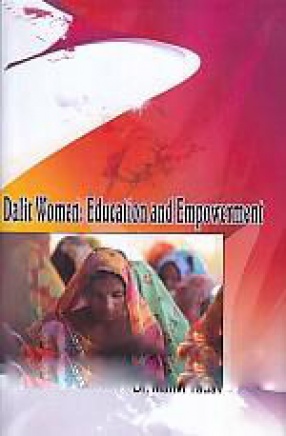
There are no reviews yet.